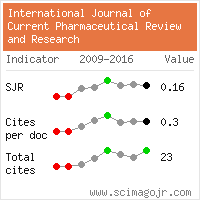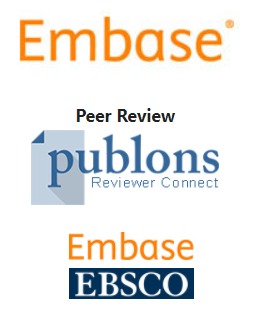The demands for fast dissolving tablets have received ever increasing day by day during the last two decade. In the proposed present project study, the effect of natural Superdisintegrants was compared with synthetic Super disintegrants and conventional Super disintegrants in the of fast dissolving tablet formulation of Etoricoxib. Etoricoxib NSAID is used for the treatment of mild to moderate pain in various conditions like (osteoarthritis) and reducing pain, swelling, and joint stiffness caused with rheumatoid arthritis. In the present work 9 formulations of FDT (Fast dissolving tablet) of Etoricoxib were prepared by using Super disintegrants was evaluated and compiles with the official parameters and specifications. Various formulations were prepared using four different superdisintegrsnts namely natural superdisintegrats Fenugreek Powder, sodium starch glycolate, cross carmelose sodium with three concentrations (4%, 8%, 12%) by direct compression method. Formulation F2 showed the lowest disintegration time and in-vitro dissolution studies recorded that formulation F2 showed 99.55% drug release at the end of 3 minutes. The best formulations among these were also found to be stable and optimized formulations were subjected to the stability studies as per ICH guideline.
Dilip Agrawal, Ashok Kumar Sharma, Rakesh Goyal, Mukesh Bansal, Mohit Khandelwal, Shaneza Aman
Shiv Prakash Sharma, Jagdish Prasad Sunda, Veer Teja Singh

